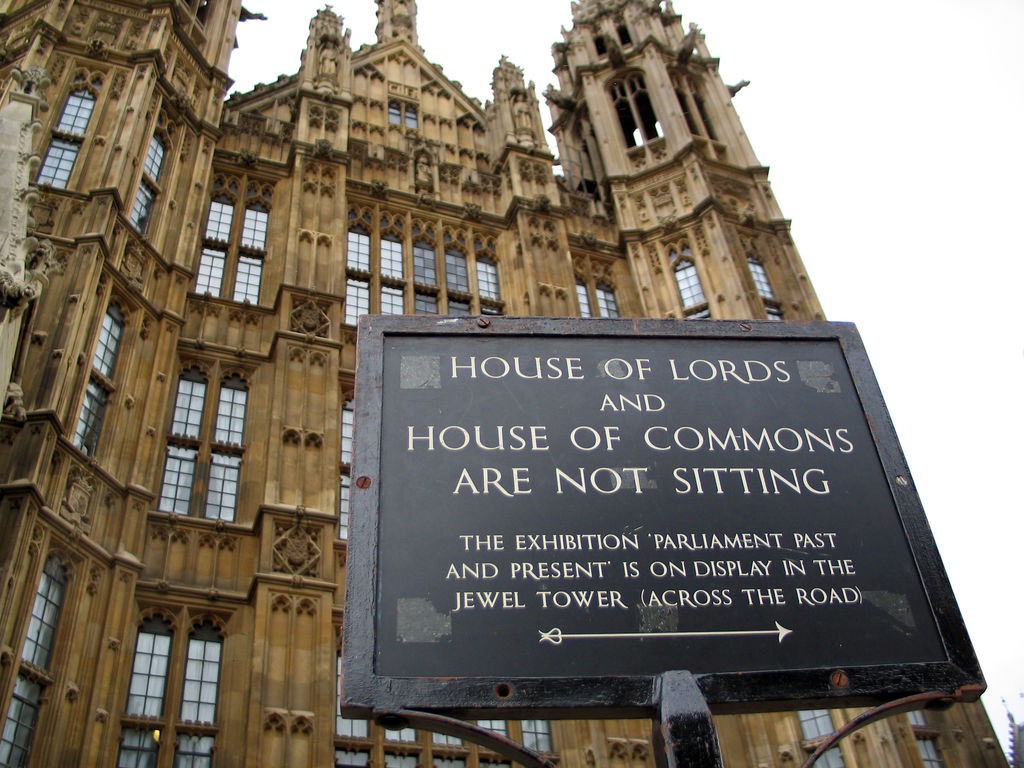The house of lords of the British Parliament has appointed a special Commission that examines the extent to which the bribery Act of 2010 may have a negative impact on the work of small and medium-sized businesses. During the summer and autumn of 2018, the special Commission will study the data and report on its findings in 2019.
The law on bribery 2010 was adopted after Britain was criticized by OECD for the fact that the country took a tough stance against corruption, Real Business reports.The law consists of 20 articles (sections), which include such elements of the crime as offering, giving, extorting and receiving a bribe, including to a foreign official, as well as the failure to take measures to prevent bribery. The Law applies to legal entities registered in the UK and operating in the country and abroad, as well as companies not registered in the UK, but operating in its territory. For violation of the law, the company may be fined (the amount of the fine is not established), and imprisonment is expected to be up to 10 years.
In order to avoid liability, the company can prove that in order to prevent bribery, there were adequate procedures based on the following principles: assessment of the potential risk of bribery, the interest of top management in preventing bribery, regular inspection of partners, intermediaries, agents and business processes, the introduction of effective anti-corruption measures within the company, and other principles. At the same time, the risk of bribery depends on the size of the company, the complexity of its structure and organization. That is, companies must introduce “compliance codes”, the necessary disciplinary procedures, as well as monitoring systems within the company in order to prevent bribery.
Mark Savill, a member of the house of lords, said that the act of “confusion and uncertainty” in respect of the enterprises of small and average business. A special Commission should understand the understanding of this act regarding small and medium-sized businesses.
“There are still people in the business sector and the government who consider this act harmful to British business, but the world has now moved to many countries by adopting equivalent legislation,” said one member of the new Commission.
David gold, a member of the lords Committee who has advised companies, including Rolls-Royce, during corruption investigations, noted that the act of bribery has a deterrent effect, and companies are restructuring compliance with the law in response.
Aziz Rahman, a lawyer for commercial crime in the company of Rahman Ravelli, said that the Law unnecessarily complicates the work for small and medium enterprises (SMEs). According to him, the house of lords is obliged to consider the “confusion” associated with the law on bribery against SMEs. According to him, the anti-corruption law puts pressure on companies to take measures to prevent corruption without telling them how to do it. “Without any real instructions, SMEs are likely to struggle to comply with the Law. They are less likely to have the resources to research and develop anti – bribery procedures that are appropriate for the purpose,” the expert says.

 info@anticorr.media
info@anticorr.media


